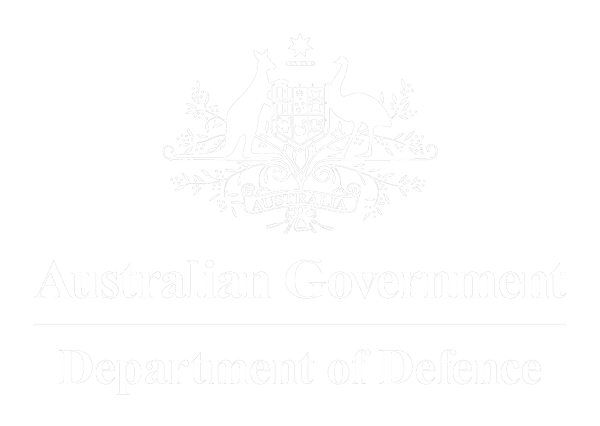In its largest ever funding round, South Australia’s Defence Innovation Partnership has awarded over $1 million to fund cutting-edge collaborative defence research ventures.
From quantum-enhanced clock synchronisation, to the development of freeform optics for small satellites, to advanced 3D battlespace visualisation, the funding will drive innovation in Australian Defence research and development (R&D).
Funding of seven new projects will be enabled by the fourth round of the Defence Innovation Partnership’s Collaborative Research Fund.
Premier Steven Marshall MP said the research potential generated by the successful partnerships represents a critical component of the cutting-edge defence projects coming out of South Australia.
“The Collaborative Research Fund has already supported 13 innovative projects, and with an extra seven now awarded funding, we’re engaging some of our best scientists and researchers to help deliver advanced defence technologies and capabilities from South Australia,” he said.
“A robust and resilient defence industry depends on a strong research base; South Australia prides itself on being visionary and our support of these innovative research projects cements this position.
“Establishing a collaborative environment in which defence-relevant research, development and innovation can thrive is a high priority for South Australia, and one that will continue to grow.”
Space-related defence research features heavily in this funding round with three of the seven new research projects supporting South Australia’s desire to push the frontiers of scientific knowledge in the space sector.
Securing collective Defence Innovation Partnership funding worth almost $450,000, successful space-related projects include:
- $150,000 for coastline monitoring using autonomous high-altitude platforms, led by Lux Aerobot, with partners the University of Adelaide and University of South Australia
- $149,576 for the development of freeform optics for small satellites, led by University of South Australia, with partners Department of Defence (Defence Science and Technology Group), Amaero Engineering Pty Ltd, The University of Adelaide, and SMR Automotive Australia.
- $149, 659 to develop nanofluid satellite thrusters, led by University of South Australia, with partners Department of Defence (Defence Science and Technology Group), The University of Adelaide, Inovor Technologies, ULVAC Technologies, Inc., and Nano Spaces.
Remaining projects will support delivery and sustainment of the nation’s future defence capabilities, and include:
- $150,000 for quantum-enhanced clock synchronisation over a free-space channel, led by Cryoclock Pty Ltd with partners The University of Adelaide, Department of Defence (Defence Science and Technology Group) and the University of South Australia.
- $150,000 for enabling superior decision making through battlespace visualisation, led by Voxon Photonics, with partners BAE Systems Australia, Flinders University, University of South Australia and the Royal Australian Navy
- $149,986 for developing the intelligence and forensic potential of dust traces for counter-terrorism and national security, led by Flinders University, with partners The University of Adelaide, the Australian Federal Police, and The University of Canberra.
- $131,738 to develop solutions for light pollution from console displays on naval platforms, led by APC Technology, with partners the University of Adelaide, and University of South Australia.
Defence Innovation Partnership Advisory Board Chair Kim Scott said the seven successful projects are a strong example of how networks like the Defence Innovation Partnership push the potential of collaborative research for the benefit of Australia’s defence and national security.
“The exceptional scope of projects in this funding round demonstrate the breadth of innovation and real-world impact of South Australian researchers and industry,” he said.
“Science and technology is identified in the Defence Strategic Update as a key enabler of the successful delivery and sustainment of the nation’s enhanced defence capabilities.
“The Defence Innovation Partnership is delivering on this by supporting interdisciplinary research to develop world-class solutions for complex defence challenges.”
Over three years, the Defence innovation Partnership has generated close to $8.3 million of defence research and development funding in South Australia through its Collaborative Research Fund.
Seven pioneering projects supported under the first three funding rounds have so far reached completion with impact in diverse areas like electronic warfare, PFAS remediation and artificial intelligence for decision making and human factors.
The Defence Innovation Partnership is a collaborative venture between the South Australia Government, the Department of Defence through the Next Generation Technologies Fund, and South Australia’s three universities – the University of Adelaide, Flinders University and the University of South Australia.
Media contact: Madison White – 0456 064 692





